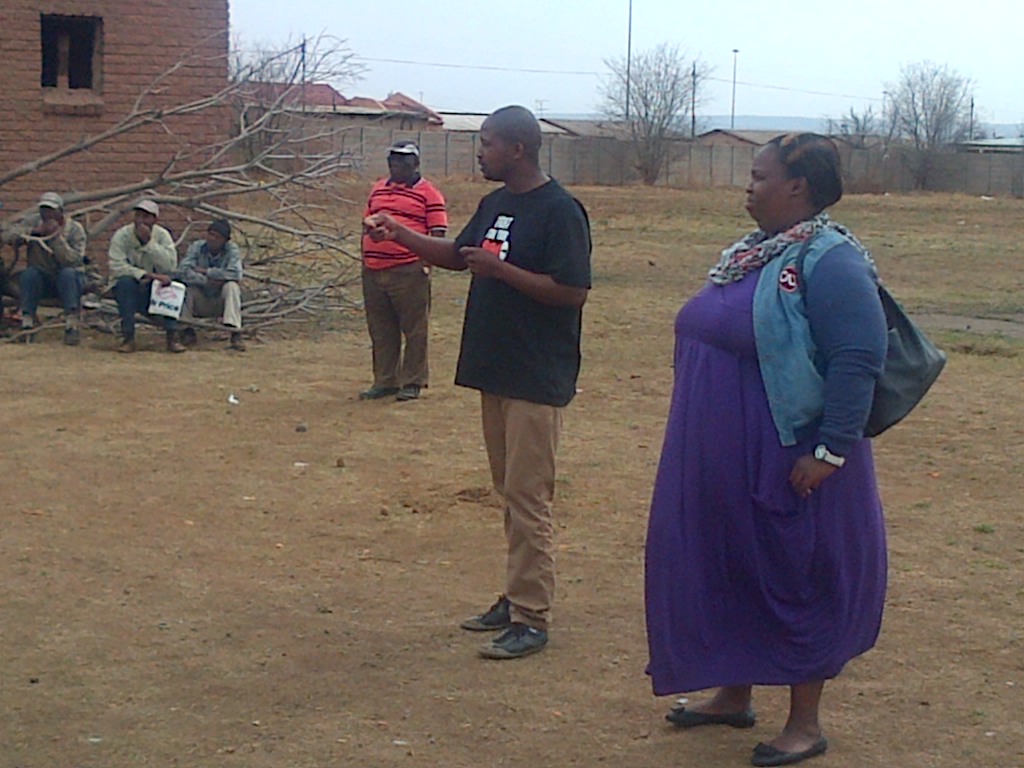Freedom vs. Secrecy – ‘The fight is not over’
It was somewhat ironic that two days before Freedom Day, the anniversary of South African democracy, the national assembly passed the controversial secrecy bill in parliament.
The much criticised protection of state information bill, dubbed the secrecy bill, will increase the government’s power to restrict access to information and impose hefty fines and jail terms on whistleblowers and journalists who publish information the government classifies as secret.
The protection of state information bill, also dubbed the “secrecy bill”, was passed by 189 votes to 74, and threatens journalists and whistleblowers with up to 25 years in jail.
The legislation was passed on Thursday by 190 votes to 74 after a three year battle in parliament during which it was modified several times due to complaints that it would unduly restrict freedom of the press.
During Thursday’s debate Siyabonga Cwele, the state security minister, told parliament that the bill would “strengthen democracy while balancing transparency and protecting our national security and national interests.”
However media advocates said that the revised bill remains too restrictive, and vowed to challenge it in the constitutional court if President Jacob Zuma signs it into law, as is expected.
The bill came under attack from opposition members, media groups and human rights campaigners. The South African National Editors’ Forum said President Zuma had the option of referring it directly to the Constitutional Court, the highest court in South Africa. It said the changes to the bill made by the upper house of parliament late last year had improved the legislation in “important ways”. “But they do not go far enough” said a spokesperson for the group. “The bill still has the potential to be used as an instrument of secrecy in a democracy that can only thrive in a climate of openness, he added.”
The most notable amendment to date has been the addition of a public interest clause which offers protection to journalists and whistleblowers. However Murray Hunter, a spokesperson for the Right2Know a human rights group campaigning against the bill said, “Our legal advisers warn that it contains loopholes. At best, there is ambiguity over whether whistleblowers are protected.”
More worrying still, according to Right2Know, the definition of “espionage” remains unclear. “There is a real fear that this bill can’t tell the difference between people publishing information for social justice reasons and those doing it for private gain or with malevolent intent.”
“This fight is not over” Lindiwe Mazibuko, parliamentary leader of the Democratic Alliance, began her speech. She argued that the proposed laws had been “tabled within the context of a revived securocrat state”, noting the secrecy around the Marikana mine massacre and use of public funds on Zuma’s homestead.
This article was written by Flaminia Giambalvo and appeared on TheSouthAfrican.com on 26 April 2013.



